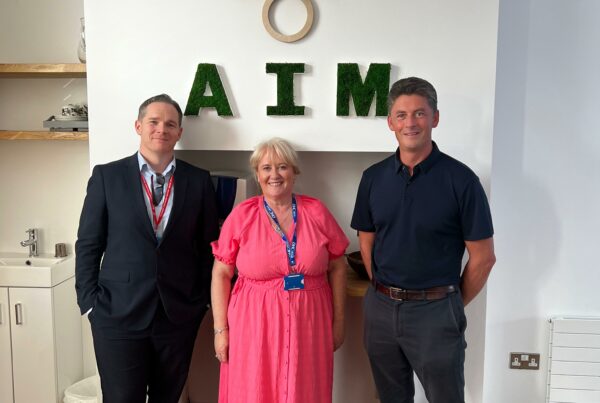Nearly all of us have felt breathless before. Shortness of breath can be caused every day when we exert ourselves during sports and put additional strain on our bodies.
We normally feel breathless when temporarily not getting enough oxygen transported through your heart and lungs. As a result, you may breathe harder, quicker or deeper to compensate.
Feeling breathless when not exerting ourselves physically could indicate a more serious issue. But what are the causes of breathlessness out of nowhere? If you frequently feel short of breath without an obvious trigger, the cause might be a range of heart and lung conditions.
Acute shortness of breath
Causes for breathlessness that comes suddenly are limited and include conditions like:
- Asthma
- Severe allergic reactions
- Carbon monoxide poisoning
- COVID-19
- Heart rhythm problems and heart failure
- Pneumonia and other infections of the lungs
- A collapsed lung
- Blood clots in an artery in the lung are called a pulmonary embolism
- Sudden blood loss
Chronic shortness of breath
Chronic shortness of breath indicates breathlessness that lasts for weeks or longer and is usually made worse by exertion. Causes commonly include:
- Asthma
- Obesity
- Pleural effusion is the accumulation of fluid around the lungs
- Deconditioning
- Heart dysfunction
- Interstitial lung disease
What to do when you experience shortness of breath?
If you experience sudden shortness of breath that impedes you from functioning, you need emergency medical care. Call 999 if your breathlessness is accompanied by chest pain, nausea, fainting, blue lips or nails, or a change in your mental alertness. These could be signs of a heart attack and should be responded to immediately.
You should make an appointment with your doctor if:
- You experience swelling in your feet and ankles
- You have trouble breathing when you are lying flat
- You have a high fever, chills and cough
- You are wheezing
- Preexisting shortness of breath is worsening
Your doctor will be able to advise you when it might be time to see a specialist, such as a cardiologist, to investigate underlying heart conditions.
If your shortness of breath is chronic and affecting your quality of life, you may be able to alleviate your systems by:
- Stop smoking, as this is the leading cause of COPD.
- Avoid exposure to pollutants as much as possible, such as secondhand smoke or chemical fumes.
- Avoid very hot and humid conditions or very cold temperatures.
- Create an action plan for your medical condition. Discuss steps going forward with your doctor.
- Exercise regularly. This can improve your physical fitness, and better prepare you to tolerate activity. If you are obese, losing weight may also significantly improve your condition.
If you’re concerned your shortness of breath may be caused by an underlying heart condition, get in touch with Venturi Cardiology today. Our friendly experts offer consultations to help you plan ahead for your heart health and put your mind at ease by answering any questions you have.












